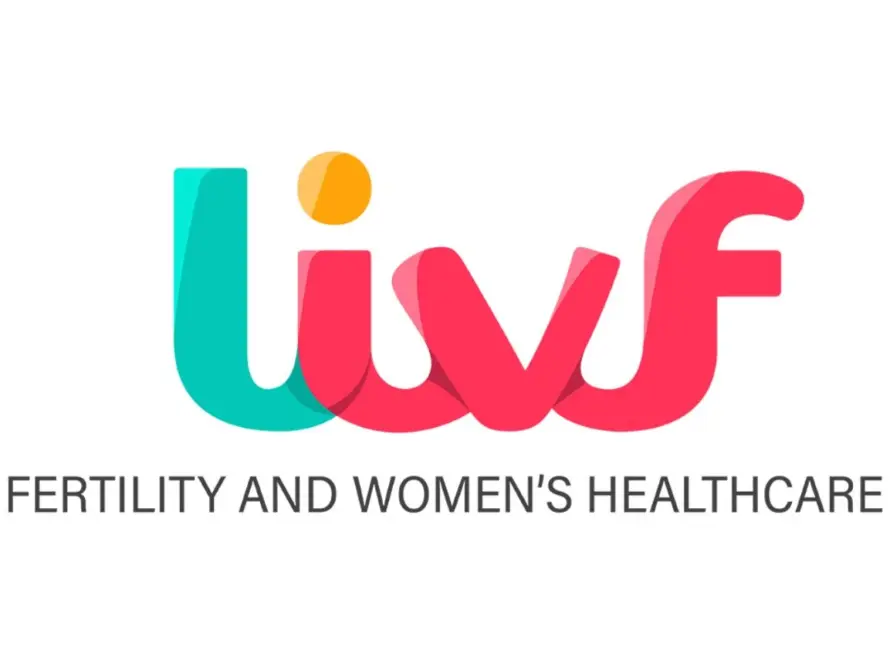Introduction
Childbirth is one of the most powerful and transformative moments in a woman’s life. Yet for many, the days and months that follow delivery can be surprisingly unfamiliar.
The postpartum period, also called the fourth trimester, is a crucial time for healing, both physically and emotionally. It’s a chapter that deserves just as much attention as pregnancy itself. But in the whirlwind of caring for a newborn, new mothers often place their own recovery at the bottom of the list.
Understanding what’s normal and what isn’t after childbirth helps you take control of your health, reduce anxiety, and spot red flags early. This guide aims to make that journey clearer and remind you that no woman should have to go through it blindly.
Postpartum Bleeding and Discharge

The first few days after giving birth are marked by vaginal bleeding known as lochia. This discharge is made up of blood, mucus, and uterine tissue as your body expels what it no longer needs from the pregnancy. Lochia can be heavy at first, similar to a very heavy period. But, it usually lightens in color and flow over the next few weeks.
For most women, lochia lasts about 4 to 6 weeks. The initial bright red turns pink, then brownish, and eventually a pale yellow or white. You might pass small clots, especially after getting up or breastfeeding. However, if you’re passing large clots (larger than a grape), bleeding heavily enough to soak through a pad in under an hour, or notice a foul odor, it’s time to call your doctor.
This bleeding is your body’s natural way of healing, but it’s also an area that can reveal complications early. Trust your instincts and always ask for help if something feels off.
Pelvic Pain and Perineal Recovery
Your pelvic region endures incredible strain during childbirth, whether you deliver vaginally or through cesarean section. It’s common to feel soreness, heaviness, or a dragging sensation in your lower body. For women who experienced a vaginal birth with tearing or an episiotomy, healing can take a few weeks. Sitting, walking, or even using the bathroom might feel uncomfortable at first.
Simple remedies like warm sitz baths, cold compresses, and pain relief sprays or ointments can help ease discomfort. But persistent pain, increased swelling, or pus-like discharge around the perineal area should never be ignored.
For those who had a C-section, incision care becomes the primary focus. Mild numbness and itching are normal as the scar heals. However, redness, oozing, or an opening of the incision are signs of infection. Regardless of delivery method, don’t hesitate to ask your doctor for a recovery plan that’s tailored to your body.
Many new mothers at our have shared that discussing pelvic pain with a trusted medical team helped them feel validated and supported, rather than dismissed. Seek out for the best infertility centre in Chennai for support and recovery.
Hormonal Changes, Hair Loss, and Emotional Shifts

After delivery, the sudden drop in estrogen and progesterone levels leads to several physical changes. Perhaps the most unexpected is hair loss, often noticeable around three months postpartum. Known as telogen effluvium, this shedding is temporary and usually resolves within a year.
Your skin may also become more sensitive, dry, or prone to breakouts. These hormonal imbalances can also lead to hot flashes, night sweats, and emotional ups and downs. Feeling moody, tearful, or overwhelmed is common and doesn’t mean you’re doing anything wrong.
However, if you feel persistently sad, disconnected from your baby, or find yourself withdrawing from loved ones, you may be experiencing postpartum depression (PPD). It’s a medical condition that can be treated. Early intervention through counseling, support groups, or medication can make a big difference.
If you’re feeling uncertain about your symptoms, reach out to professionals at a good fertility center in Chennai where postpartum care is part of holistic reproductive support.
Breast Changes and Feeding Challenges
Whether you choose to breastfeed or not, your breasts will undergo significant changes. Within days of giving birth, milk production begins, causing your breasts to feel full, tender, or even engorged. If you’re nursing, cracked nipples, mastitis, and clogged ducts can make feeding painful.
Proper latching techniques, alternating breasts during feeds, and using lanolin creams or cold compresses can help ease discomfort. If you’re not breastfeeding, wearing a supportive bra and avoiding stimulation can gradually stop milk production.
Your breasts will eventually settle into a new normal, but they might not look or feel the same as before. Stretch marks, a change in size, or sagging are all part of this transition, and are perfectly normal.
When to Seek Medical Help
It’s natural for recovery to take time, but some symptoms should prompt immediate attention. These include:
- High fever
- Chills and body aches
- Foul-smelling discharge
- Chest pain or shortness of breath
- Severe abdominal pain
- Signs of postpartum depression
- Heavy bleeding returning after it has stopped
- Swelling or pain in one leg
If you’re unsure whether something is serious, it’s always better to err on the side of caution. Your healthcare team is there for exactly this reason. Don’t wait until your 6-week checkup if something feels wrong.
Conclusion
Your postpartum journey is as valid and important as pregnancy itself. It’s a time of adjustment, healing, and rediscovery. Whether you’re dealing with physical pain, emotional changes, or simply wondering what’s normal, know that support is available and necessary.
Every woman’s experience is unique. Some may bounce back quickly, others may need more time. There’s no timeline you have to follow. Be kind to yourself and ask for help when needed.
If you’re looking for a place that understands the full spectrum of fertility, pregnancy, and postpartum care, consider consulting with one of the Best IVF Doctors in Chennai who offer compassionate, expert guidance every step of the way.




